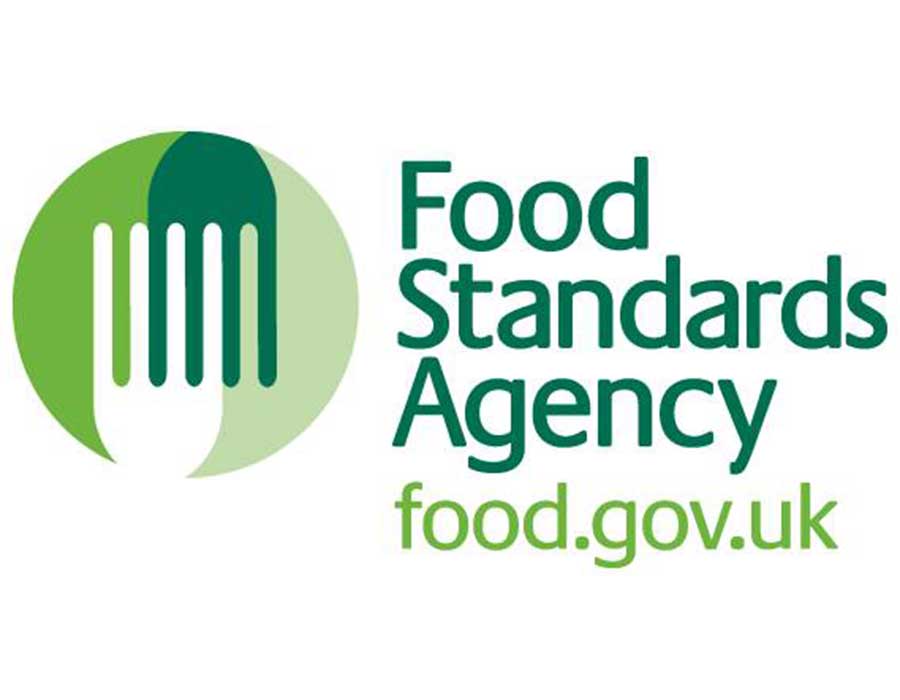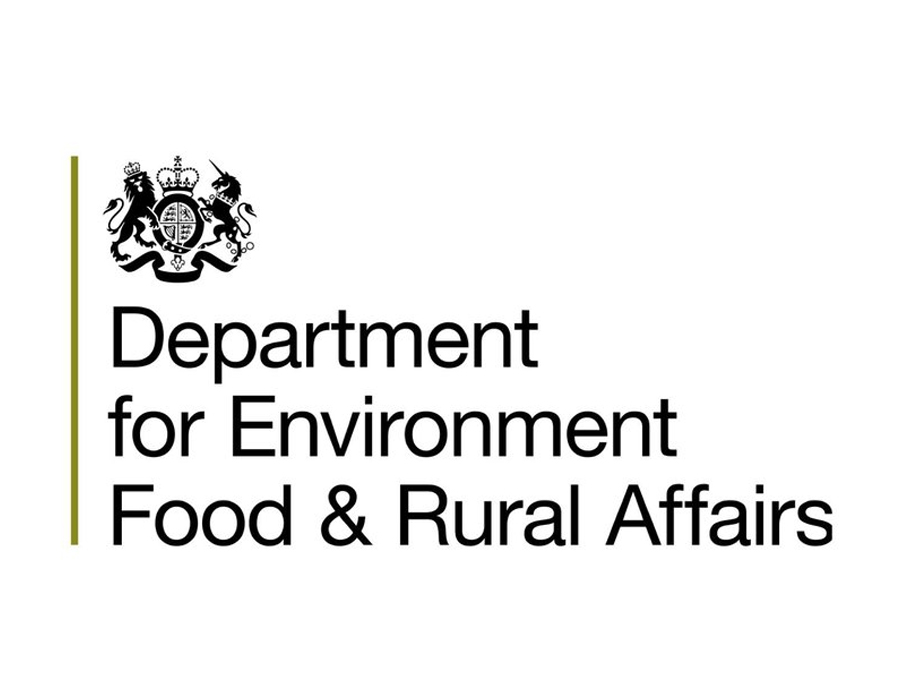The Food Standards Agency (FSA) and Food Standards Scotland (FSS) recently published their ‘Our Food’ report, which reviews food safety and standards across the UK for 2024.
This is the fourth report since the UK left the EU and is an independent and evidence-based annual assessment of food standards across all four nations.
The report reveals that overall, food safety and authenticity standards were stable in 2024, but several aspects of the food system remain under considerable pressure.
Local authorities still do not have enough resources to address the substantial backlog of inspections, nor deal with the growing number of new food businesses that should be inspected.
There has been progress in implementing documentary and physical checks at our borders, however more comprehensive and accurate data would allow consumers to be better protected.
It is also still the case that too many households are struggling to afford food, and that more action is required to improve the healthiness of the food we eat.
The decline in local authority food sampling rates which takes them below pre-pandemic levels is also a concern as surveillance sampling shows that labelling issues are responsible for most non-compliances.
As in previous years, there are still examples of products containing allergens that are not labelled correctly.
Recruitment of Official Veterinarians (OVs) has improved but remains challenging and we need a more sustainable recruitment pipeline to ensure high standards are maintained in the meat industry.
The FSA and FSS are now calling on government, industry, and regulators to work together to respond to these risks in our food system, to uphold high food standards, and to achieve a food system that works for everyone.
Access the full report here























